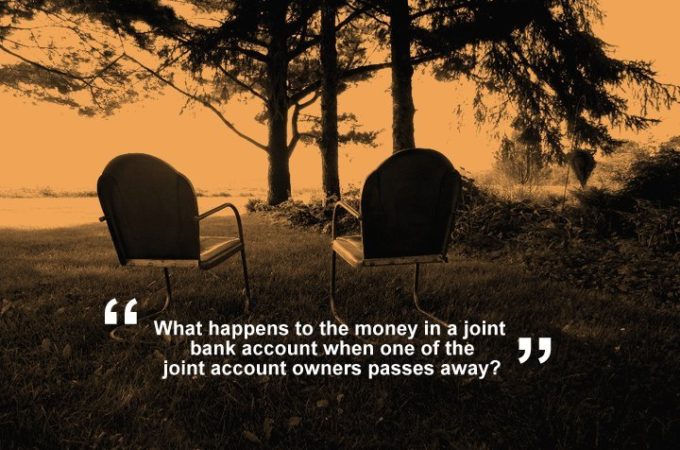A recent decision by Master Kaufman examines whether a person with a personal interest in the legal proceedings can act as a litigation guardian for a party under a disability. In Shady Saleh v. Mohammed Salehe, the plaintiff, Shady, was his mother’s power of attorney for property. He sought to…
In a recent court decision, the court declined to order costs payable from a modest estate and instead ordered the two parties (both trustees) to pay costs personally. A testamentary trustee, Mr. Cardinal, brought an application to compel estate trustee, Mrs. Perreault, to pass her accounts in her capacity as…
A recent New Brunswick case provides a thoughtful analysis on the removal of estate trustees (referred to as Estate Administrators in New Brunswick). In his will, the testator had named his sister as his estate trustee. The beneficiaries of his estate were his two children and his brother, Yves. However,…
Court declined to pay minor’s funds to parent; ordered proceeds of sale paid into court.
In Foisey v. Green, the Divisional Court allowed an appeal of the application judge’s decision that set aside a release signed by a beneficiary who was later deemed incapable of managing property. I previously wrote about the earlier decision that was under appeal. The appellant, Ms. Green, was an estate…
A recent case involving the estate of Canadian artist and figure skating legend, Toller Cranston (“Toller”), highlights the importance of estate planning for artists. Administering posthumous intellectual property can be complex and without guidance from the testator, disputes will often arise between trustees and the estate’s beneficiaries due to competing…
Whose Land Is It Anyways? Friends of Toronto Public Cemeteries v. Mount Pleasant Group of Cemeteries
In a recent decision that pitted a Toronto citizens’ group against cemetery operators, Justice Dunphy found that the cemeteries were publically owned, required public oversight, and were operating beyond the terms of the trust that govern the cemeteries. In 1826, a group sought to buy land to create a non-denominational…
Today’s blog was co-written by Ronald Neal. In Sinclair v Harris, Justice Nakatsuru granted summary judgment on the basis that the claims advanced on behalf of the estate were statute-barred. The deceased passed away in November 2015. The Plaintiffs are the estate trustees appointed in the deceased’s will (the “Estate Trustees”). Five years…
This blog was written by Ronald Neal, student-at-law at de VRIES LITIGATION LLP. What happens to the money in a joint bank account when one of the joint account owners passes away? Do the funds pass to the surviving joint owner outside of the estate, or do the funds form…
A recent Ontario decision, Martin v. Martin [1], considered the minimal evidentiary threshold required to obtain documentary discovery in a will challenge as set out in Seepa v. Seepa. For further background on Seepa, read Rebecca Studin’s previous blog post on that decision. In Martin, the Applicant (the named Estate…









